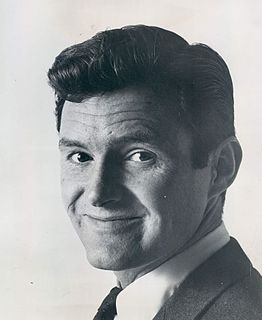A Quote by Gerhard Richter
Art is always to a large extent about need, despair and hopelessness.
Related Quotes
The pleasure of despair. But then, it is in despair that we find the most acute pleasure, especially when we are aware of the hopelessness of the situation... ...everything is a mess in which it is impossible to tell what's what, but that despite this impossibility and deception it still hurts you, and the less you can understand, the more it hurts.
Only recently serious research into the relationship between photography and art has taken place. Why has it been so long in coming ? In some respects historical research is analogous with that of science. The bringing to light of factual material and the development of ideas is to a large extent cumulative. But when artists themselves were, from about 1910, beginning to tear down the bastions protecting Art in its ivory tower, questioning the idea of Art with a capital 'A', photography was inevitably to assume a new stature both in the eyes of artists and the public, too.
A [spatial, temporal] work had only to be exhibited in a gallery and then written about and reproduced as a photograph in an art magazine. Then this record of the no longer extant installation, along with accretions of information after the fact, became the basis for its fame, and to a large extent its economic value.
Only the man who has had to face despair is really convinced that he needs mercy. Those who do not want mercy never seek it. It is better to find God on the threshold of despair than to risk our lives in a complacency that has never felt the need of forgiveness. A life that is without problems may literally be more hopeless than one that always verges on despair.





































